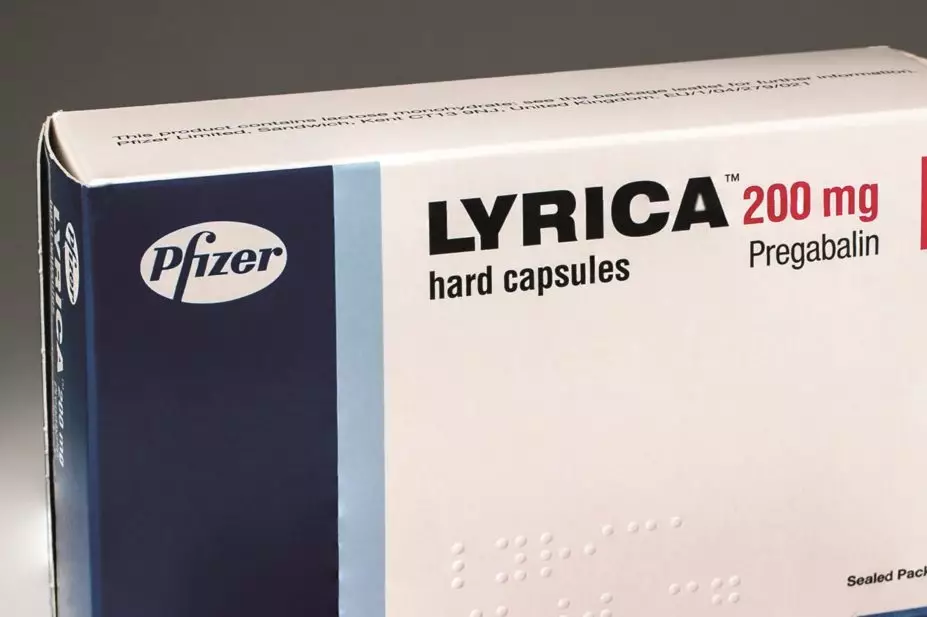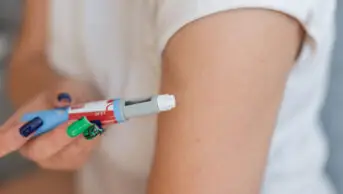
Barry Mason / Alamy Stock Photo
Pfizer has lost its patent infringement case against generic drug manufacturers Actavis and Mylan over the use of pregabalin, marketed as Lyrica.
The High Court ruling on 10 September 2015 means that doctors can continue to prescribe the drug generically and pharmacists can dispense generic pregabalin without fear of patent infringement litigation.
Pfizer developed Lyrica for the treatment of generalised anxiety disorder (GAD) and epilepsy but the patent for this indication expired in 2013. When Pfizer discovered that pregabalin could relieve pain, it took out a second medical use patent for Lyrica to cover this use. When the first patent expired, Actavis and Mylan launched generic versions of the drug to treat GAD and epilepsy.
However, since UK physicians tend to prescribe generically, in December 2014 Pfizer claimed that its second medical use patent was being breached. But Mr Justice Arnold ruled that six claims of the patent were invalid on the ground of insufficiency; and that “Pfizer is liable for making groundless threats of patent infringement proceedings, albeit not in all the cases alleged by Actavis”.
Announcing its intention to appeal the ruling, Pfizer says it maintains its “strong belief in the validity, and importance, of the second medical use patent for the use of Lyrica in pain”.
A spokesperson for the Pharmaceutical Services Negotiating Committee, the negotiating body for pharmacy contractors in England, says the judgement will come as a relief to contractors. “It confirms that pharmacists were not in breach in this case,” the spokesperson says. “Pharmacists may now freely dispense generic pregabalin where the prescription is written generically. Where a prescription is written for a particular brand, then the pharmacist must, as usual, provide that brand.
“If a similar case arises again we hope the government will issue timely and clear guidance to pharmacies and prescribers.”
Pfizer had earlier been buoyed in its battle to protect Lyrica’s secondary patent when a judge ordered NHS England to issue guidance to doctors asking them to use the brand name Lyrica when prescribing the drug for pain. Pharmacists were also asked to dispense the branded version of the drug when they had been told the indication was for pain “so far as reasonably possible”.
Berkeley Phillips, Pfizer’s medical director in the UK, says protection of second medical use patents recognises the importance of ensuring patients benefit from future medical innovations.
“We know through our experience with the Lyrica situation that the absence of any national policy or framework for second medical use patents in the UK has been a cause of concern and confusion for many, including us,” says Phillips. “This was reflected on by the judge who has highlighted the need for a national-level solution for second medical use patent situations of this nature that may arise at present and in the future.”


